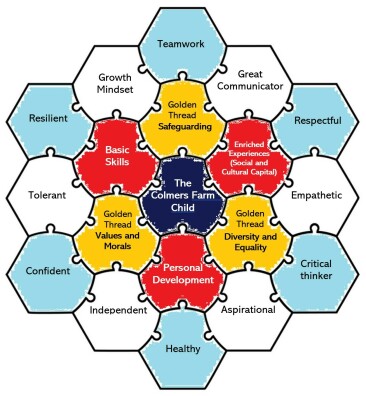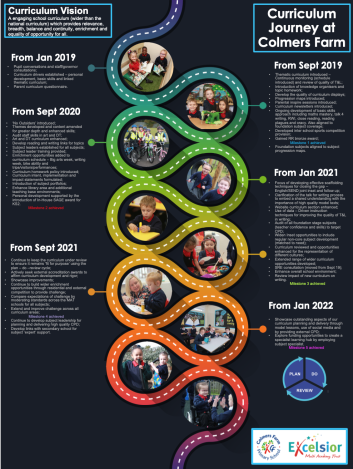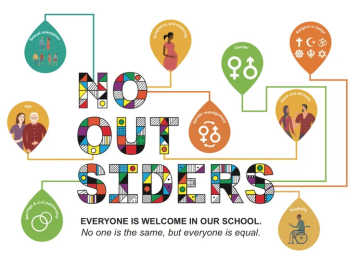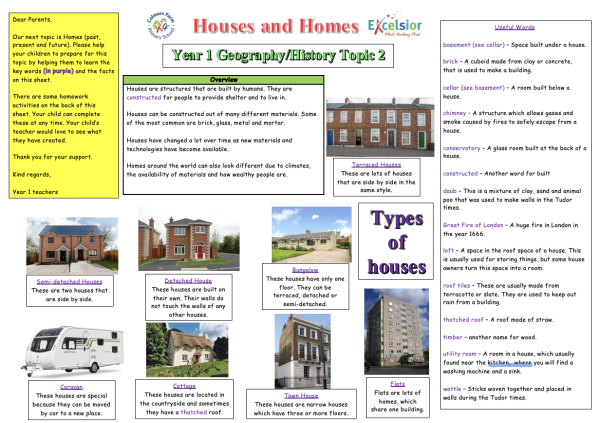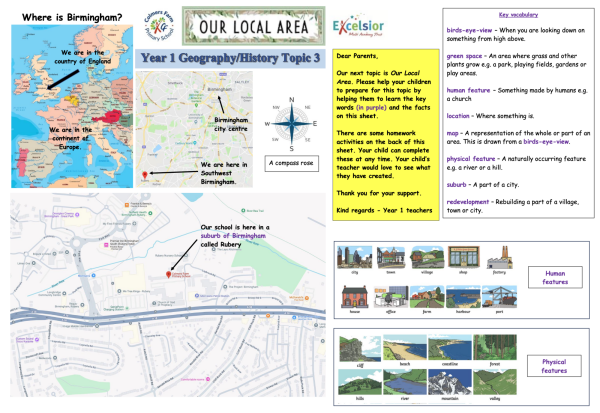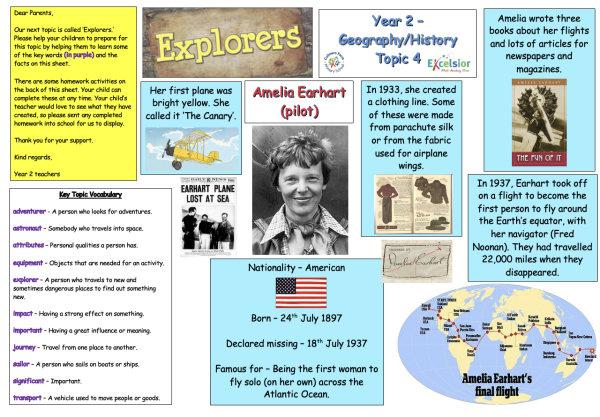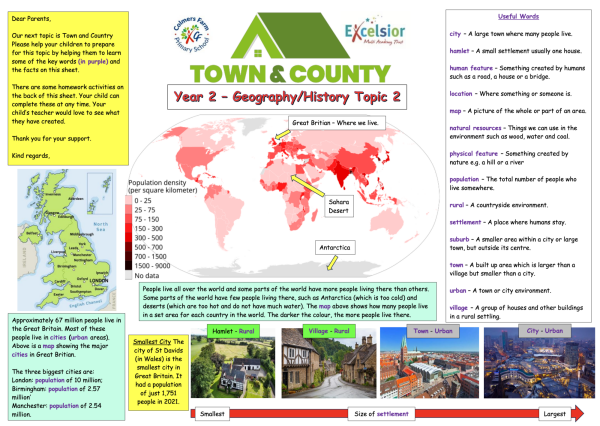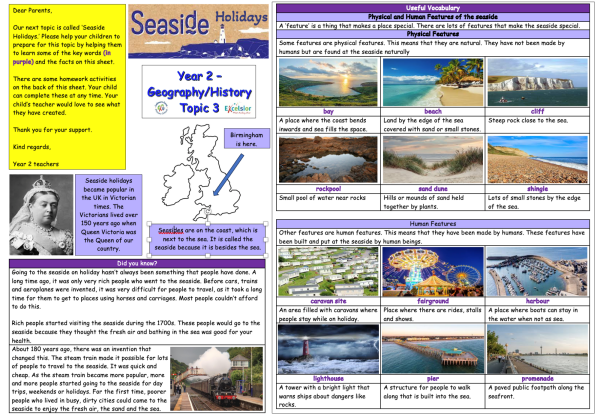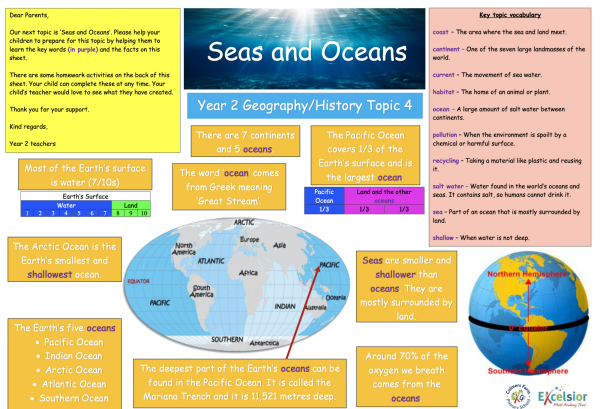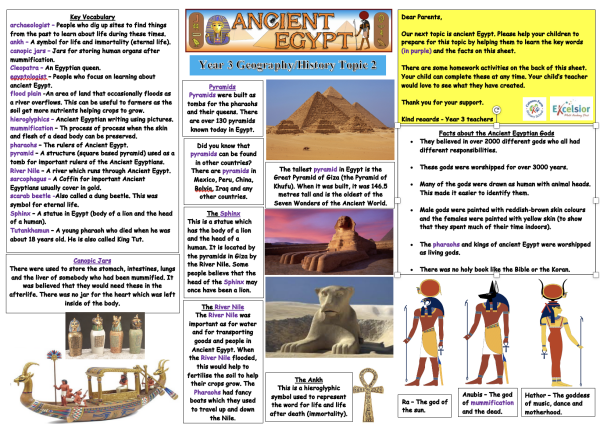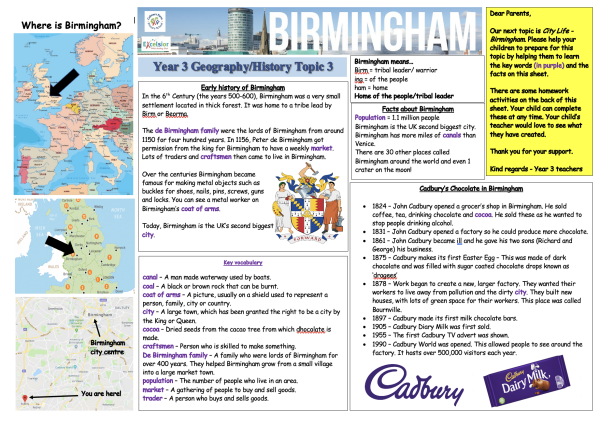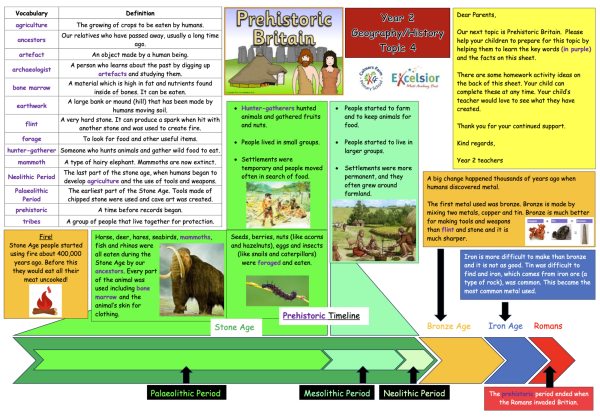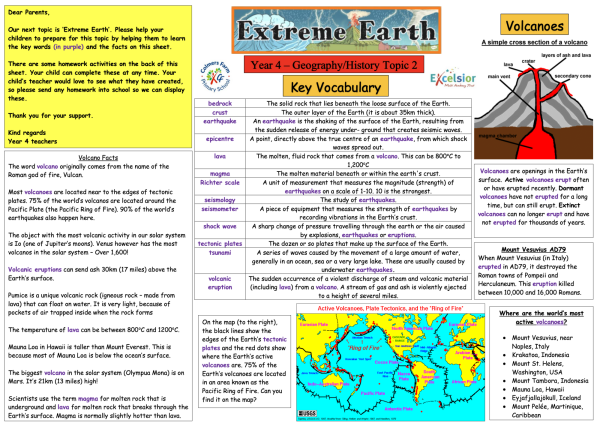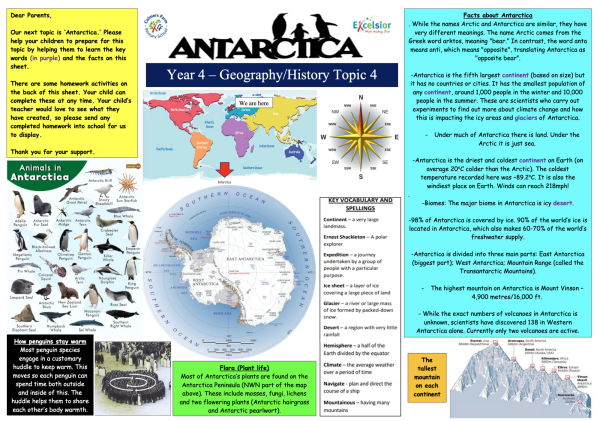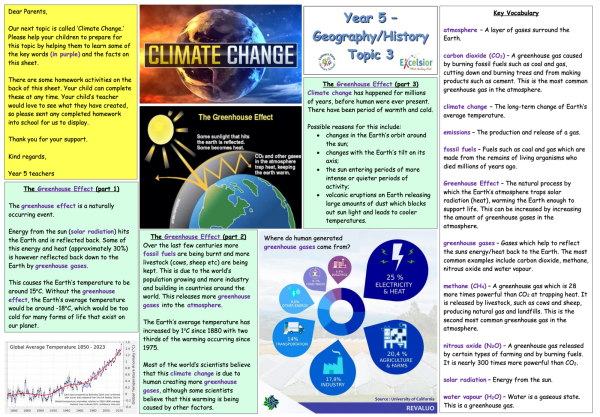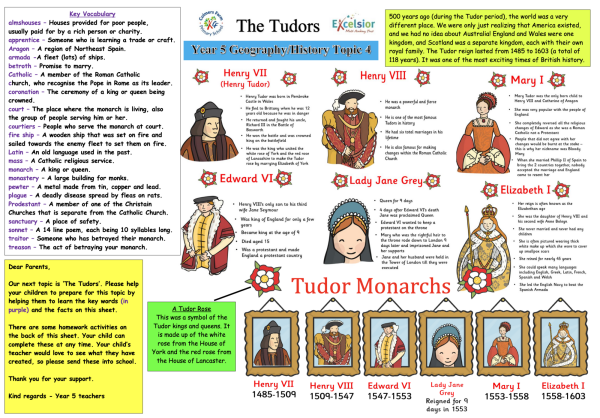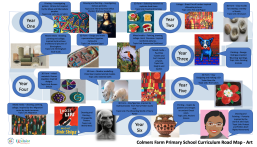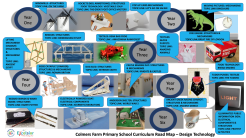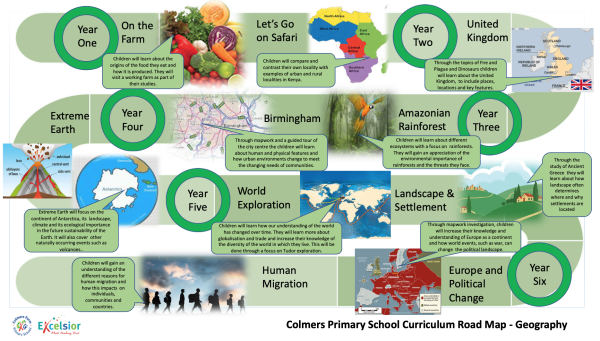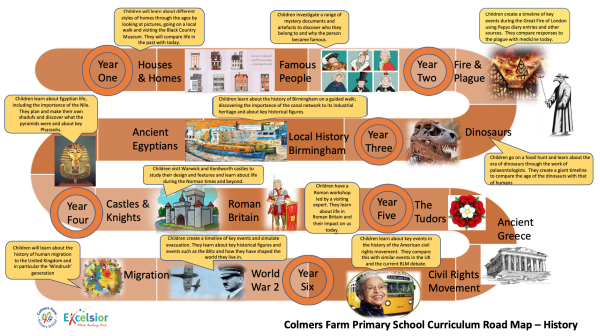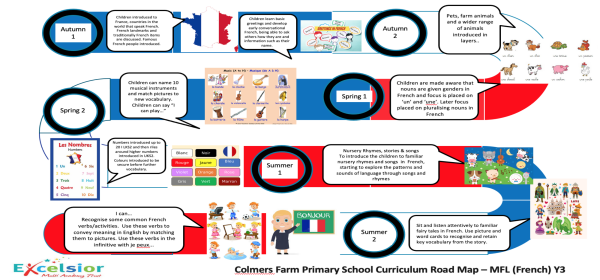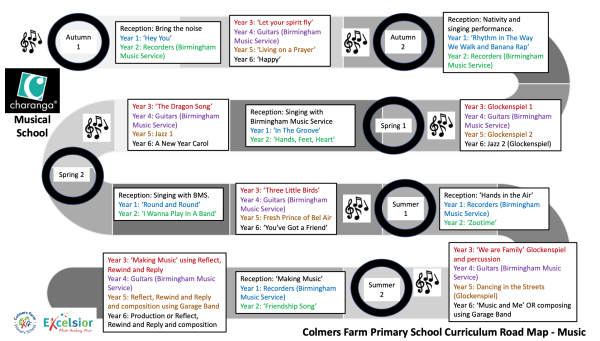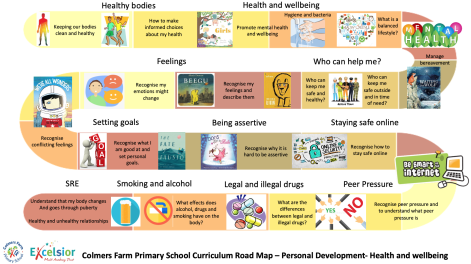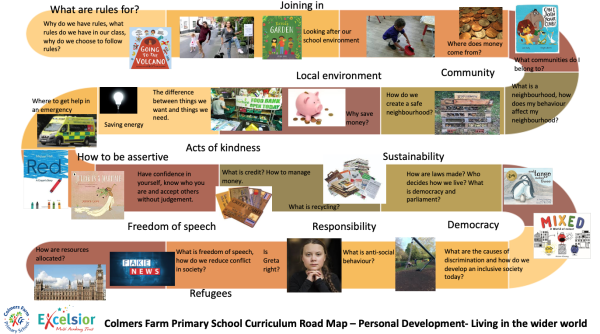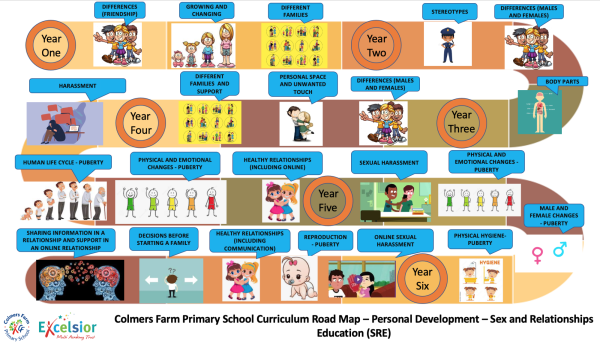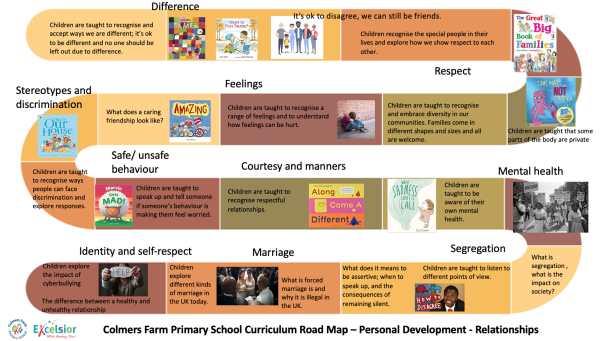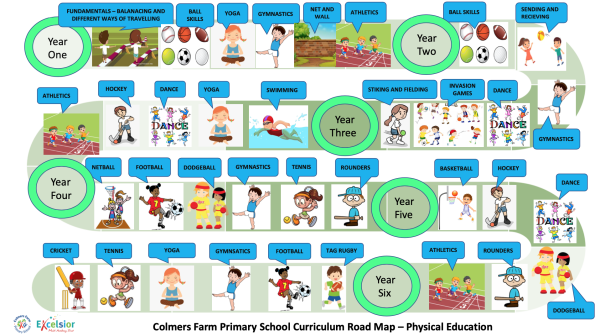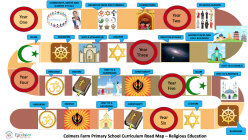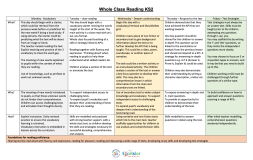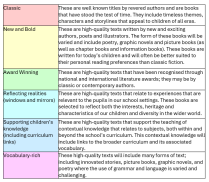Curriculum
Our Curriculum
Please click on the image below for more information.
Our Curriculum Journey
Over the last few years, the curriculum at Colmers Farm has been significantly developed. We also have some exciting developments ahead. Click on the image below to read about our journey. (This may take a a short while to download.)
Our Subject Intent, Implementation and Impact Statements
The document below outlines what our aim is for each subject of our curriculum at Colmers Farm, how we teach the subject and what the impact of it will be.
Intent, Implementation and Impact for our Curriculum
Intent, Implementation and Impact for Individual Curriculum Subjects
Our Curriculum
Enjoy having a look at our innovative curriculum!
The documents below show the 'Big Ideas' for each learning unit and what will be covered within this. British Values are also incorporated into our planning along with a 'Wow' starter to engage children.
Whole School Curriculum Overview
Safeguarding in the Curriculum
At Colmers Farm Primary School safeguarding is our highest priority and is a golden thread that runs through everything we do. We use the curriculum in school to raise children's awareness of safety so that they understand how to stay safe and what to do if they feel unsafe. Please click here to access year group documents that illustrate how safeguarding is taught in the curriculum.
SMSC in Our Curriculum
SMSC is Spiritual, Moral, Social and Cultural development of the children in our school. This is not a separate subject that is taught explicitly but is an aspect of learning that should be present in lessons and behaviour in school. Some lessons lend themselves more easily to direct SMSC development such as Personal Development and RE, although this can be developed across the full curriculum. We also aim to develop SMSC through worship, behaviour expectations and our attitudes in school. Please see how we develop this below.
SMSC at Colmers Farm Primary School
Diversity Within Our Curriculum
At Colmers Farm Primary School, we strongly believe in the importance of preparing our children to thrive in the multi-cultural country and world we like in. We have therefore designed our curriculum to be inclusive and to celebrate the amazing diversity our city, this country and the world has to offer. Our curriculum is designed to promote a tolerance, respect and acceptance of the characteristics of the Equality Act 2010 (age, disability, gender reassignment, marriage and civil partnership and maternity, race, religion or belief, sex or sexual orientation) and to challenge stereotypes. This is achieved through discrete teaching and through incidental learning across the curriculum. Please click the link below to find out more.
The use of the No Outsiders materials within our personal development lessons is a key part of our approach to teaching equality. (Click the image below to find out more information about the books we use to deliver this).
Our Topic Knowledge Organisers
Our Topic Curriculum Subject Road Maps
|
CF-Computing-Road-Map-2025.pptx Computing Road Map |
|
|
Design and Technology Road Map |
|
|
Modern Foreign Languages (MFL) |
|
|
Personal Development (PD) Health and Well Being Road Map |
|
|
|
|
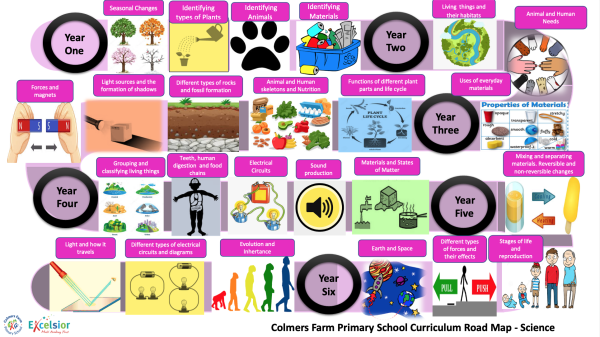 Science Road Map Science Road Map |
Music
All schools should have a music development plan, as set out in the national plan for music education. Please find a summary of our music development plan below.
Our music development plan summary
Subject Progression Maps
Please click on the subjects below to view our subject specific progression maps.
|
|
|||
| Modern Foreign Language (Language Angels) | |||
| Personal Development | PE | RE | |
| Science | Writing |
EYFS Curriculum
In Reception, at Colmers Farm Primary, we plan our topics around the children’s interests. We look at their experiences and learning needs, as well as responding to upcoming seasonal events. We use Tapestry to regularly observe and assess the children, which we then use to ensure that future planning meets the identified needs of our cohort but also engages them in learning through their interests. These assessments/achievements are also shared with parents using this.
We follow the EYFS curriculum. Children learn through child-initiated play and adult directed activities throughout the unit. We believe that children should have the opportunity to work both indoors and outdoors, therefore at Colmers Farm we have a well-equipped outdoor learning area and three members of our EYFS staff are forest school leaders.
Our unit is carefully planned, with both the indoor and outdoor areas providing opportunities for accessing all seven areas of the EYFS curriculum. We also have discrete lessons for maths, English and phonics. We create medium term plans for each half term to ensure coverage of objectives and development of skills across the curriculum. We have daily assemblies to promote British Values and SMSC whilst developing children’s oracy skills.
EYFS Curriculum Overview
EYFS to KS1 Progression Document
Phonics
Throughout EYFS and KS1, Phonics is taught using the Read Write Inc. Programme.
The programme follows a clear structure so that every day, children are learning about the sounds letters make, how to read (blending and segmenting words), spelling patterns, reading fluency and comprehension. Children are grouped and taught at the right pace and level for them.
This programme prepares the children for their phonics screening check at the end of Year 1. We continue to teach in this way until teachers decide their children are ready to move on to a more detailed reading approach (during Year 2).
In KS2 we use the Read Write Inc. Fresh Start programme for pupils who would benefit from phonetic reinforcement.
Reading
Reading is a fundamental skill for our children. The curriculum is designed to enable children to develop their reading skills. All lessons across the curriculum should incorporate elements of reading. Teachers plan their English lessons based upon high quality challenging texts and novels, most of which link to the termly topics the children are studying.
Whole class reading sessions are introduced at the end of Year 2 (when children are ready for these) and continue in Years 3 to 6. This allows children to continue to develop their reading skills and exposes them to increasingly complex extracts and complete texts. The structure of our week's reading lessons can be viewed by clicking on the image below.
At Colmers Farm we expose children to a range of texts that have a range of features. Click on the image below to find out more about these.
Our class reads in KS2 are shared using a programme called Just Read. These books are pitched just above the level of the highest readers in the class.
Individual reading takes place regularly at our school, with the children who are less confident with reading receiving individual reading sessions daily. The Accelerated Reader Program is used to assess children's understanding and to ensure that children are reading books of an appropriate level in KS2. All children have access to our well stocked school library. This allows them the freedom to make text choices related to their own interests.
Writing
At Colmers Farm, our writing units are built around carefully selected engaging and high-quality texts which have been mapped to ensure progression from EYFS to Year 6. The teaching of writing is taught through a clearly sequenced approach to ensure children read like writers and write like readers. This includes three related stages:
- Immerse (building required schemes relating to the themes, concepts and context of the core text);
- Explore (where children analyse the authors craft, are taught the key grammatical concepts in context, and rehearse this in their own writing);
- Write (for a specific purpose, audience and impact in a chosen form, through the process of pre-writing, planning, drafting, editing and publishing their work).
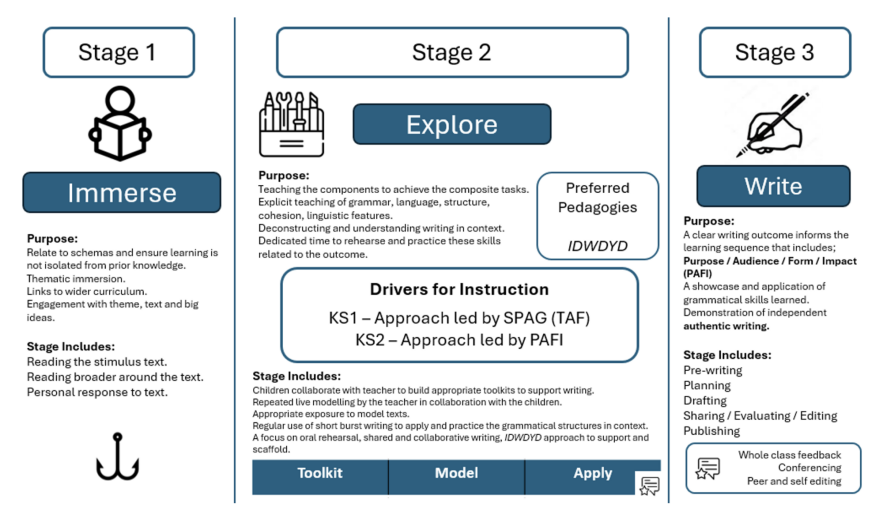
The teaching of grammar and punctuation is through a contextualised approach, with a focus on sentence level instruction, allowing for explicit teaching of grammatical knowledge within the understanding of both the model text and the intended purpose, audience, form and impact of the writing outcome.
Explicit handwriting and spelling instruction is embedded and rehearsed through the approach of daily dictation across all key stages. This approach also provides opportunities for regular rehearsal of syntactical patterns and grammatical structures that have been previously explored and learned.
Opportunities for both incidental and formal writing throughout the writing units of work are planned to rehearse and demonstrate the craft of writing, alongside opportunities for writing across the foundation subjects.
All children are expected to produce 9 pieces of writing (assessed) across a year. The purpose coverage for these 9 pieces is outlined below. These pieces of writing are linked (where possible) to the geography and history topics that the children are being taught at that time.
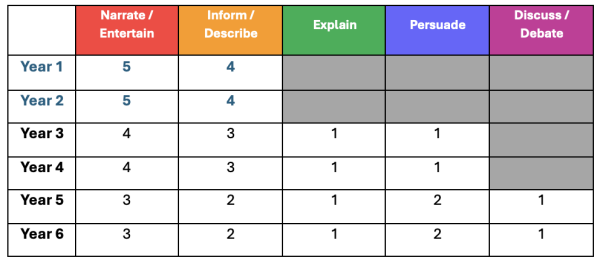 Mathematics
Mathematics
Mathematics is one of the most important skills our children learn. Lessons are structured around the concrete – pictorial –abstract approach, providing opportunities throughout for discussion, using mathematical vocabulary, developing mathematical thinking and using multiple representations. There should be opportunities to record independently in every lesson (in workbooks and/or journals).
The teaching is episodic and whole class based, with all children being exposed to the same learning. Catch up sessions are led by teachers during lessons to ensure any misconceptions are addressed before moving onto the next small step in learning. Fact fluency sessions are led by trained teaching assistants at least twice a week in order to develop fluency with number facts and multiplication tables.
In Years 1 to 5, every child is provided with a Maths No Problem workbook and journal. These workbooks have been designed to meet the requirements of the 2014 National Curriculum, which supports the teaching for mastery approach. Teachers have access to the online planning resource which provides guidance on the structure of the lesson and representations to use.
In Year 6, children follow the aims of the National Curriculum, which builds on their fluency, reasoning and problem-solving skills. Independent tasks are selected and real-life contexts are used to apply their learning. Along with fact fluency sessions, arithmetic is focused on weekly where children explore efficient methods.
How maths lessons are structured at our school
At home, children are encouraged to use Mathletics to consolidate learning taught in school. Teachers set weekly tasks for children to complete and these are monitored by the Maths Lead. Each week, our class Mathletics winners are awarded trophies for their completion of tasks in Year 2, Lower Key Stage 2 and Upper Key Stage 2.
Further Information
If you would like to know more about our curriculum please contact school directly or arrange a tour and see the curriculum in action!


